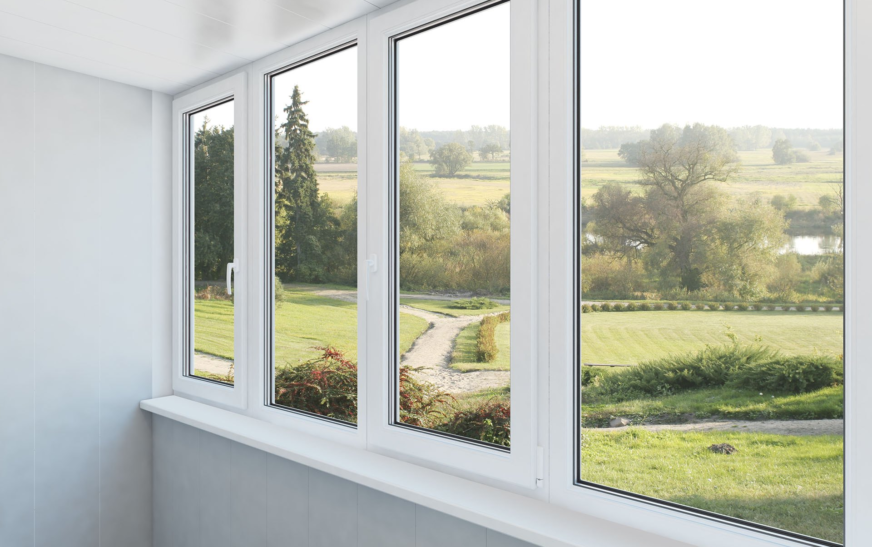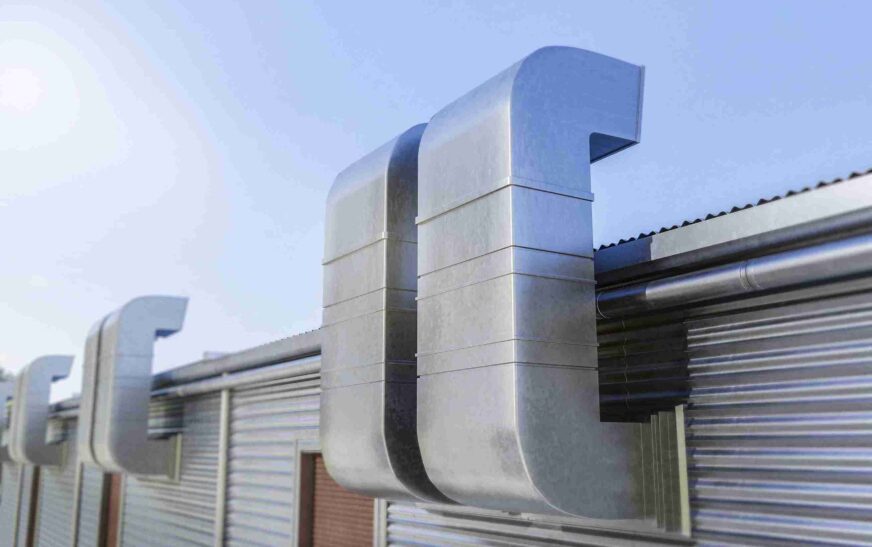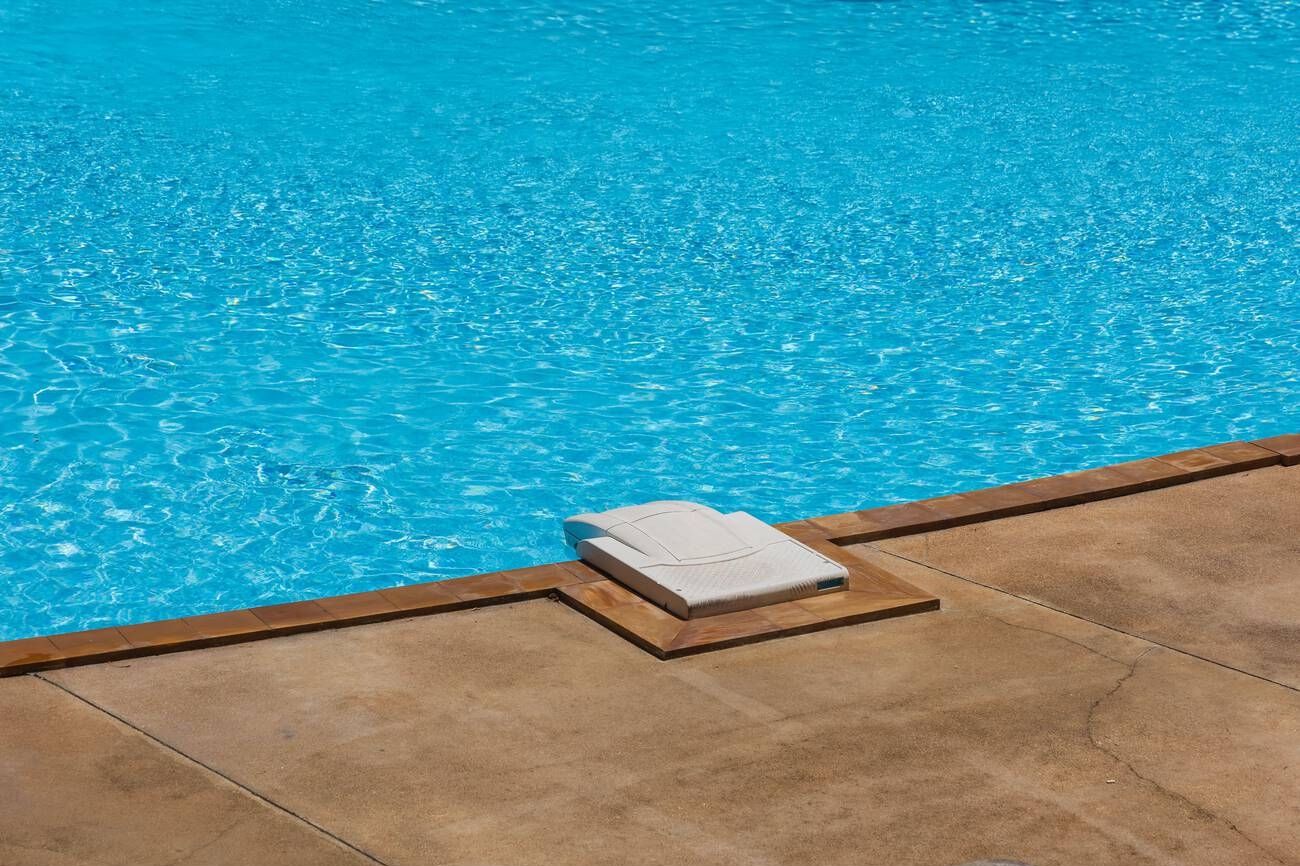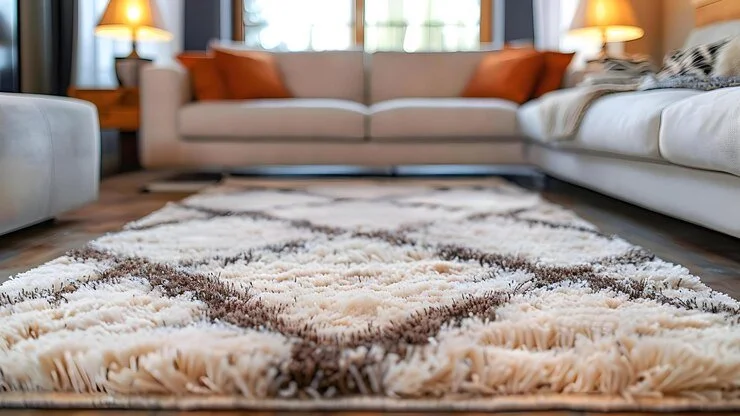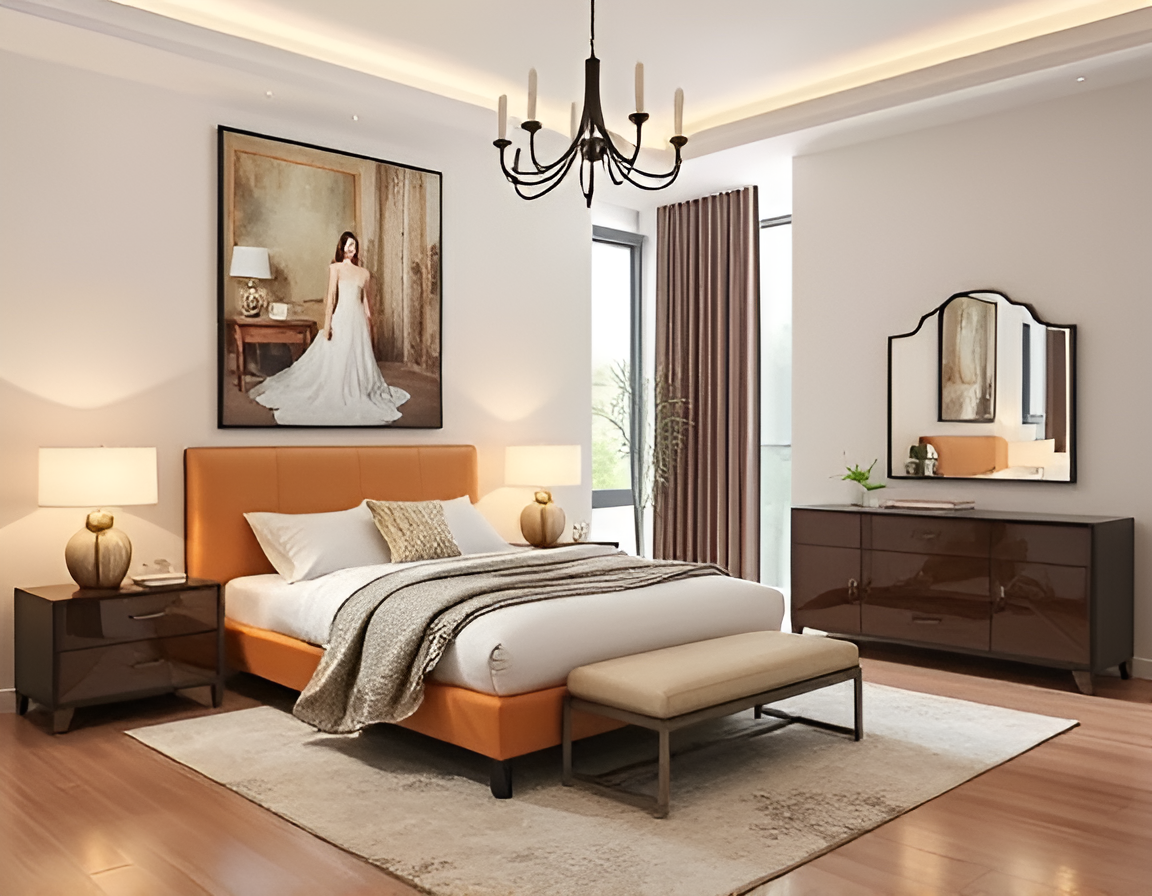Windows plays a crucial role in both the design and function of a home. They provide natural light, offer views of the outside, and contribute to the overall aesthetic of a space. More importantly, windows also affect energy efficiency, helping to regulate temperature and reduce energy consumption. Choosing the right windows can improve comfort and lower utility bills.
Replacing or installing new glass windows is a common decision for homeowners. Whether driven by the desire for a modern look, better energy performance, or improved security, the right windows can make a significant difference. Many homeowners seek windows that offer a balance of beauty, efficiency, and practicality.
Choosing the Right Type of Glass
When selecting new glass windows, the type of glass plays a significant role in both performance and appearance. Here are the main glass options to consider:
Single vs. Double vs. Triple Glazing
- Single Glazing: Single-pane windows are basic and cost-effective. However, they are less energy-efficient and offer minimal sound insulation.
- Double Glazing: This option features two layers of glass with an insulating layer of air or gas between. Double-glazed windows are more energy-efficient and help reduce outside noise.
- Triple Glazing: Triple-glazed windows have three layers of glass. These provide excellent insulation and further reduce noise. They are ideal for extremely cold climates but tend to be more expensive.
Low-E (Low Emissivity) Glass
Low-E glass has a special coating that helps reduce heat transfer. It reflects infrared heat while letting visible light pass through. This makes it highly energy-efficient, keeping your home warmer in winter and cooler in summer. Additionally, Low-E glass blocks harmful UV rays, protecting furniture and flooring from fading.
Tempered Glass
Tempered glass is stronger than regular glass. It is heated and then rapidly cooled, making it less likely to break. If it does break, it shatters into small, less dangerous pieces. This type of glass is ideal for areas that require extra safety, such as doors, windows near pools, or skylights.
Laminated Glass
Laminated glass consists of two layers of glass with a plastic layer in between. This makes it stronger and more resistant to impact. It also provides noise reduction and is often used in areas requiring high security. Additionally, laminated glass windows help reduce the amount of UV rays entering your home.
Glass Coatings
Coatings can further enhance the performance of glass windows. Here are a few options:
Tinted Glass
Tinted glass helps control heat gain and provides privacy by reducing visibility from the outside. It is especially useful in areas that get direct sunlight, as it reduces glare and heat buildup inside.
Anti-Reflective Coatings
Anti-reflective coatings reduce glare, which can be beneficial if you have large windows facing the sun. These coatings allow for clearer views without the interference of reflective light.
Soundproof Glass
Soundproof glass windows are designed to minimize noise transfer between rooms or from the outside. It is perfect for homes in noisy environments or those near busy streets.
Each type of glass and coating offers unique advantages. Understanding these options will help you make the right choice for your home’s needs.
Window Frame Materials
The material of your glass window frame greatly impacts both the look and performance of your windows. Below are the most common frame materials to consider:
Vinyl Frames
Vinyl frames are known for their low maintenance and energy efficiency. They do not require painting and resist moisture, making them ideal for humid climates. These frames are also affordable and provide a good level of insulation, keeping your home comfortable year-round.
Wood Frames
Wood frames offer natural beauty and warmth that many homeowners prefer. They are ideal for classic or traditional home styles. However, wood frames require regular maintenance, such as painting and sealing, to prevent damage from moisture or pests. They are also less energy-efficient than other materials unless properly treated.
Aluminum Frames
Aluminum frames are lightweight, strong, and durable. These frames are resistant to weathering and corrosion, making them suitable for coastal areas. However, they are less energy-efficient than vinyl or wood and may require additional insulation to reduce heat loss or gain.
Fiberglass Frames
Fiberglass frames are durable and highly energy-efficient. They have a higher initial cost but offer long-term savings through better insulation. Fiberglass is resistant to expansion and contraction, making it a reliable option for extreme weather conditions. They are often used in areas with harsh climates, though they come at a higher price point.
Frame Insulation
The type of frame material also affects your home’s overall energy efficiency. Materials like vinyl and fiberglass offer better insulation, helping to reduce energy bills. In contrast, aluminum frames may need additional insulation, as they can conduct heat and cold, reducing energy savings.
When choosing a frame, consider the local climate. In colder climates, highly insulating materials like vinyl or fiberglass can keep warmth inside. On the other hand, in hot climates, these materials help prevent heat from entering, ensuring a comfortable indoor temperature year-round.
Energy Efficiency and Insulation
When installing new glass windows, energy efficiency plays a crucial role in reducing heating and cooling costs.
Understanding U-Factor
The U-factor measures how well a window insulates. A lower U-Factor indicates better insulation, reducing heat loss. Choosing windows with a low U-Factor can improve comfort and reduce energy bills.
Solar Heat Gain Coefficient (SHGC)
SHGC measures how much solar heat a glass windows allow into your home. A higher SHGC is beneficial in colder climates, as it allows sunlight to help heat your home. In warmer climates, a lower SHGC can keep your home cooler by blocking excess heat.
Energy Star Rating
Windows with the Energy Star label meet high standards for energy efficiency. These windows reduce energy consumption and help lower utility bills. Choosing Energy Star-certified windows can also increase the overall comfort of your home while benefiting the environment.
Sealing and Insulation
Proper sealing around your windows is just as important as the glass and frame. Air leaks around the window can cause energy loss. Make sure the installation is airtight to maintain consistent indoor temperatures and reduce energy waste.
Costs and Budgeting
Installing new windows involves several costs beyond just the price of the windows themselves.
Cost Factors
- Material Choice: The type of glass, frame material, and additional coatings will affect the price. High-performance glass and energy-efficient frames tend to be more expensive.
- Installation Costs: Labor costs vary depending on the complexity of installation. Custom windows or unusual sizes may increase the cost.
- Additional Costs for Energy-Efficient Windows: While energy-efficient glass windows may cost more upfront, they offer long-term savings. The extra investment can pay off over time through lower energy bills.
Financing Options
There are often financing options available for energy-efficient upgrades, such as low-interest loans or rebates. Many utility companies offer incentives for homeowners who choose energy-saving windows. Be sure to explore these options to help manage costs.
Cost vs. Benefit
While the initial cost of high-efficiency windows can be higher, the long-term savings on heating and cooling are substantial. Also, these windows can increase your home’s resale value. Consider the return on investment (ROI) when deciding which windows are best for your home.
Professional Installation vs. DIY
Choosing between professional installation or DIY depends on the complexity of the project and your skills.
Benefits of Professional Installation
Professional installers ensure the windows are fitted correctly for optimal energy efficiency. They also handle the paperwork for permits and follow local codes. Their experience helps avoid potential issues, ensuring your glass windows perform as expected.
Risks of DIY Installation
DIY installation may save money, but it carries risks. Incorrect installation can lead to air leaks, making windows less efficient. Additionally, improper handling of the glass can cause damage. Poor sealing can also affect the window’s insulation and lead to higher energy bills.
When DIY is Possible
If you are replacing a few standard windows and are comfortable with the process, DIY may be an option. Clear instructions and simpler window designs make it feasible for some homeowners.
Finding the Right Contractor
When hiring a contractor, check references and reviews. Ensure they are licensed, insured, and have experience with window installations. A good contractor will help you select the best sliding windows for your home and budget.
Conclusion
Replacing glass windows is a significant investment that requires careful consideration of glass types, frame materials, energy efficiency, and installation options. Understanding the factors involved, such as energy savings and long-term costs, can help you make an informed decision. Whether you choose professional installation or decide to do it yourself, be sure to plan. A thoughtful approach to window replacement will not only improve the comfort and look of your home but can also increase its value.
“Upgrade your home with our energy-efficient glass windows today! Quality you can trust, savings you’ll love.”

